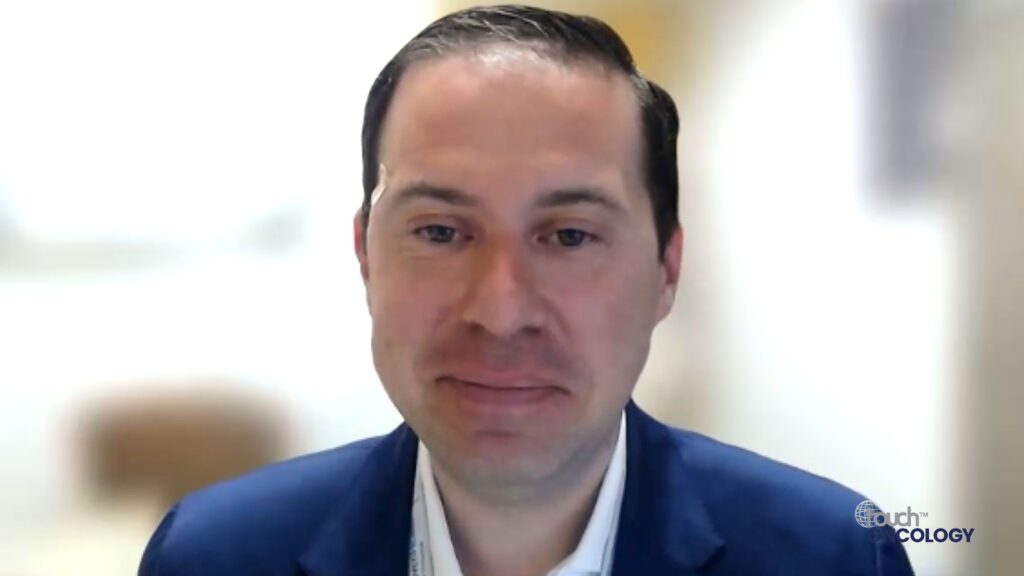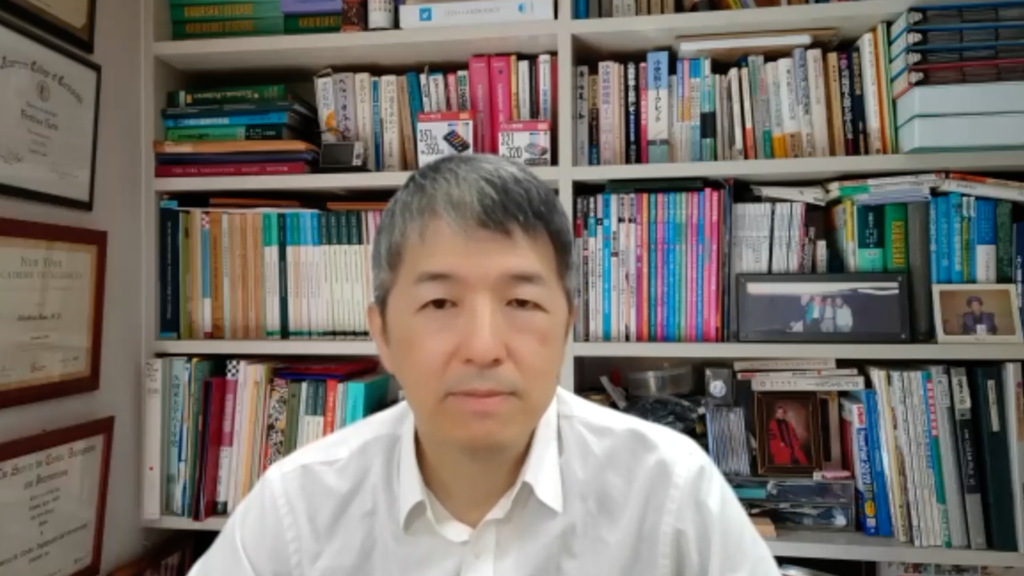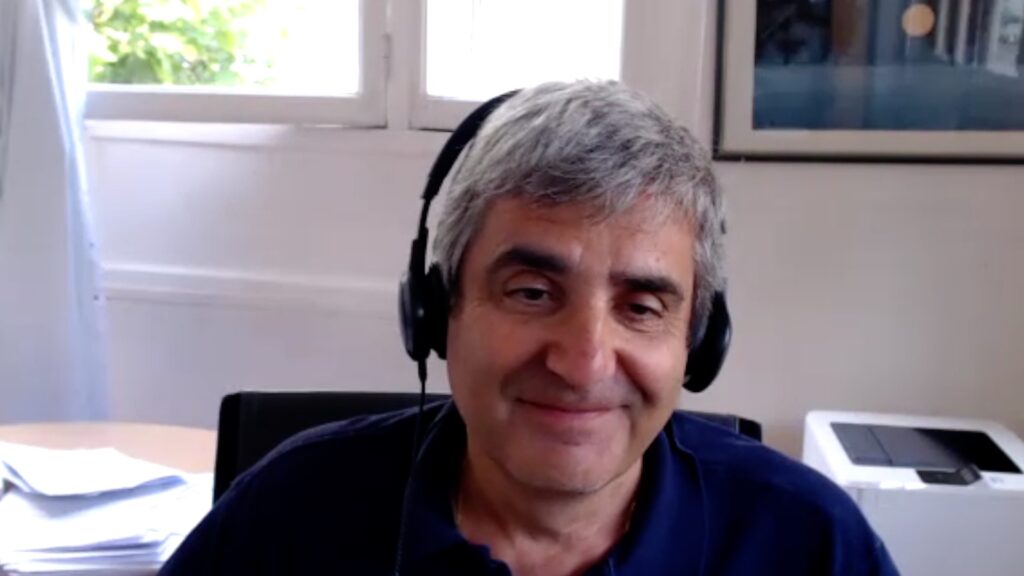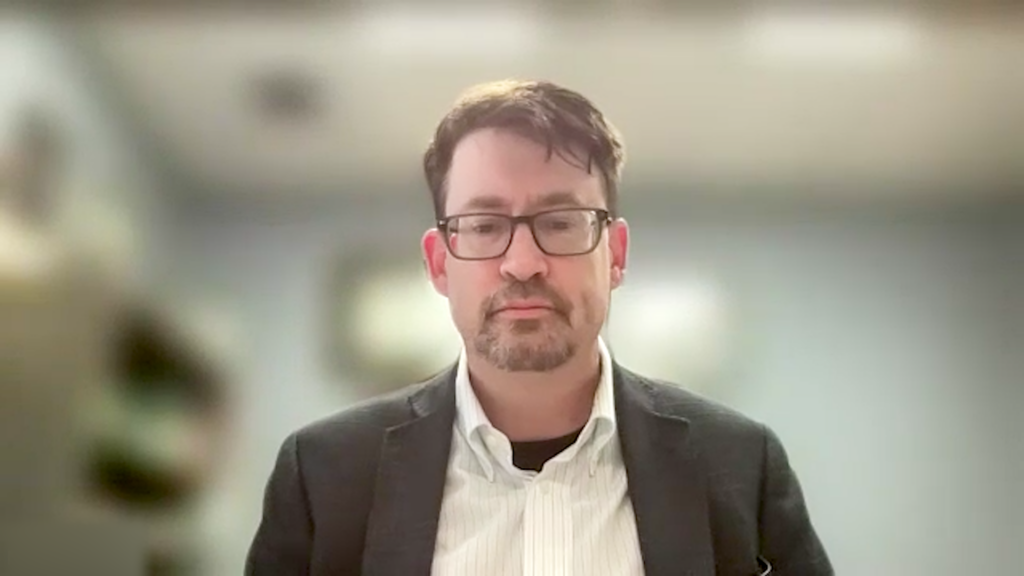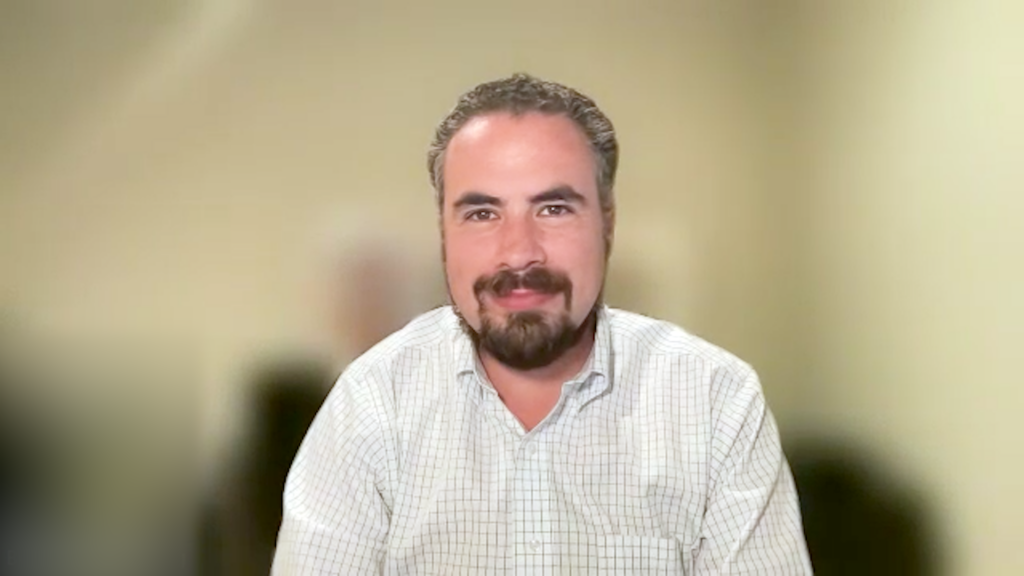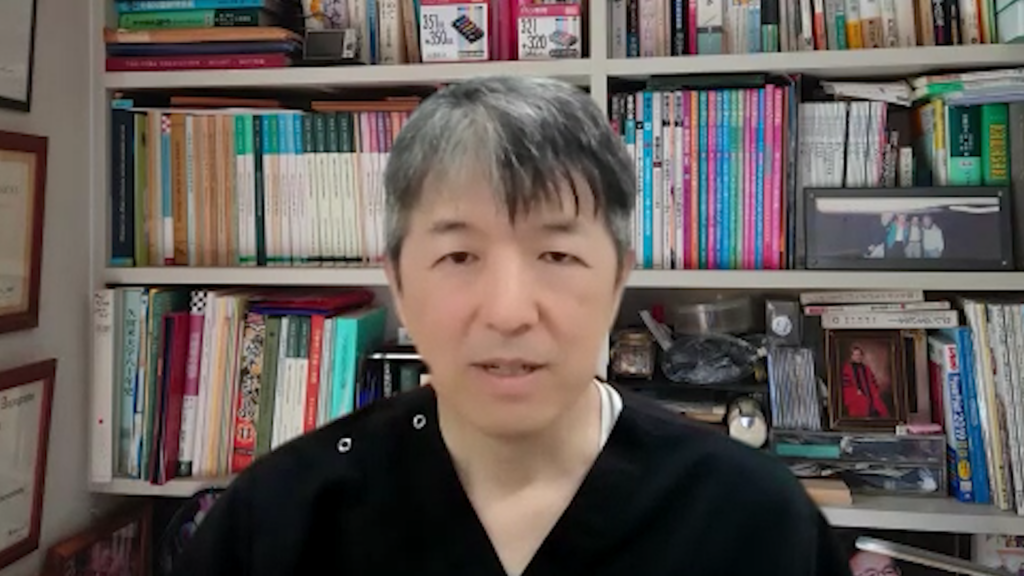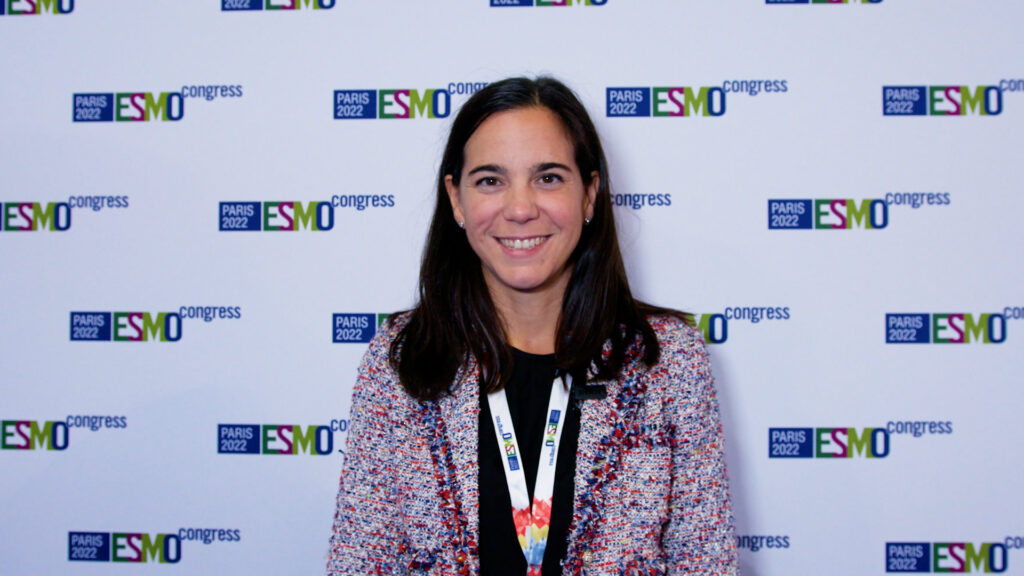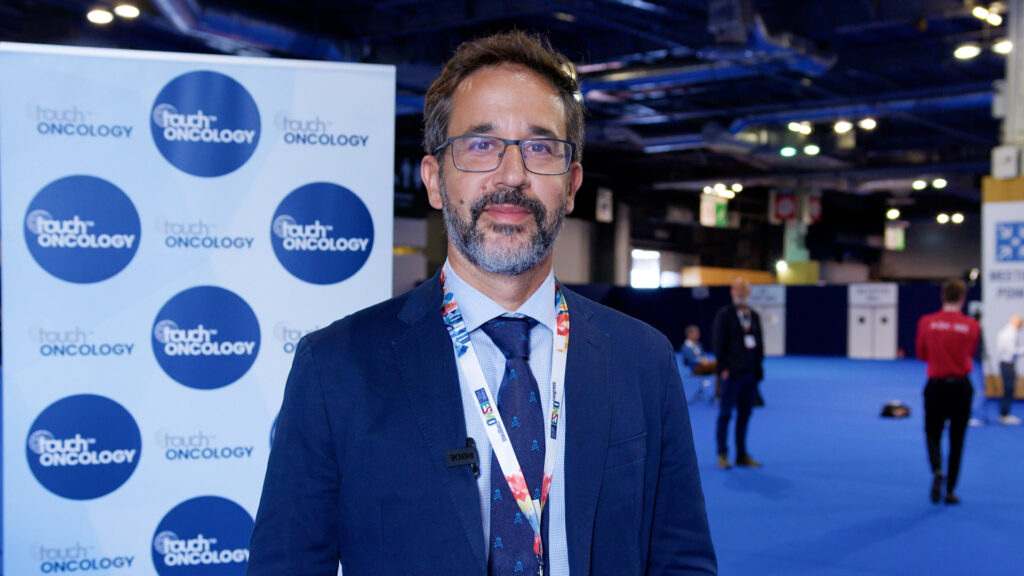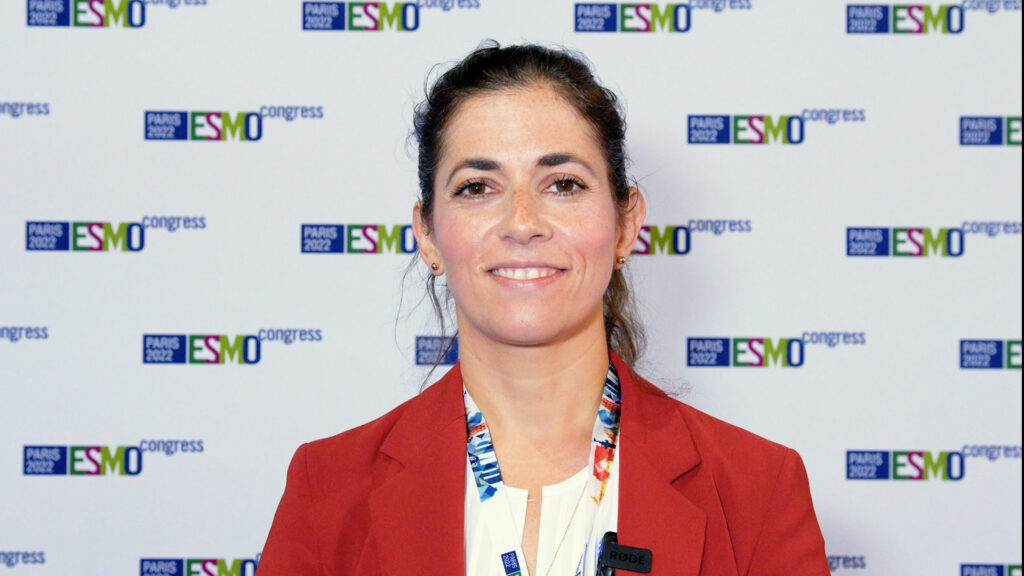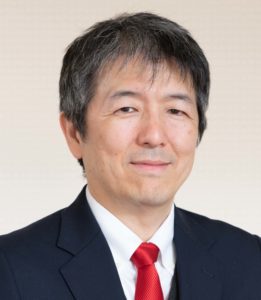 We’re thrilled to welcome Dr. Ken Kato (National Cancer Center Hospital, Tokyo, Japan) to discuss the unique advantages and challenges of conducting cancer research in Japan. Key advantages include robust regulatory support, streamlined trial approvals and strong collaboration with groups like the Japan Clinical Oncology Group (JCOG); though consensus-driven decision-making and language barriers can slow trial initiation. Dr. Kato’s current clinical focus is on optimizing treatments for esophageal and upper gastric cancers, with promising advances in preoperative chemotherapy, immunotherapies and emerging technologies like AI, liquid biopsies and personalized cancer vaccines.
We’re thrilled to welcome Dr. Ken Kato (National Cancer Center Hospital, Tokyo, Japan) to discuss the unique advantages and challenges of conducting cancer research in Japan. Key advantages include robust regulatory support, streamlined trial approvals and strong collaboration with groups like the Japan Clinical Oncology Group (JCOG); though consensus-driven decision-making and language barriers can slow trial initiation. Dr. Kato’s current clinical focus is on optimizing treatments for esophageal and upper gastric cancers, with promising advances in preoperative chemotherapy, immunotherapies and emerging technologies like AI, liquid biopsies and personalized cancer vaccines.
- What are your experiences of conducting research in Japan, and are there any unique challenges or advantages compared to other regions?
Conducting clinical research in Japan offers both unique challenges and advantages. One of the key advantages is the strong regulatory support for clinical trials, particularly in oncology, with streamlined approval processes through agencies like the Pharmaceuticals and Medical Devices Agency (PMDA). The collaborative efforts of groups like JCOG also foster high-quality, nationwide trials. Since JCOG’s trials are funded by public resources, they can conduct studies that are not narrowly focused on drug treatments, but also on multimodal treatment strategies that seek to provide holistic care and improved survival rates for patients.
Some challenges include navigating the cultural emphasis on consensus decision-making, which can sometimes slow down trial initiation, and managing language barriers in multinational collaborations. On the other hand, Japan’s centralized healthcare system and robust patient registry allow for efficient recruitment and long-term follow-up, which is a significant advantage compared to other countries.
- As a leading member of JCOG, what are your current research projects?
At JCOG, there are several ongoing research trials in esophageal and gastric cancers that aim to refine surgical techniques, optimize chemoradiation therapies, and explore new drug combinations. A recent topic of interest in JCOG research is the JCOG1109 NExT trial, which demonstrated that triplet chemotherapy in the preoperative treatment of esophageal cancer showed more promise compared to preoperative chemoradiotherapy. This represents a potential shift in treatment standards, as it highlights the efficacy of a chemotherapy-focused approach over traditional chemoradiation for certain patient populations. Another important area of research is exploring organ preservation strategies to improve quality of life while maintaining treatment efficacy. These trials represent the cutting-edge of oncological research and aim to offer patients more effective and less invasive treatment options.
- What do you believe will be the most important emerging technologies in esophageal and gastric cancers over the next decade?
Over the next decade, I believe we will see significant advancements in various fields. Key areas of development will include antibody-drug conjugates (ADC), immune checkpoint inhibitors and their combinations, as well as tumour-injection therapies. Additionally, localized treatments such as boron neutron capture therapy (BNCT) are likely to become more prominent. Personalized immunotherapy, especially using mRNA vaccines, holds great potential, and could be transformative in tailoring treatments to individual patients’ tumor profiles. Furthermore, the development of CAR-T cell therapies and other forms of immunotherapy could revolutionize the way we treat these cancers, offering more personalized and effective treatment options. Also, the molecular diagnosis will be more familiar to us. Liquid biopsies, which allow for the detection of circulating tumor DNA, will likely become a standard tool for early diagnosis and monitoring treatment response.
- How is AI impacting the diagnosis and treatment of esophageal and gastric cancers?
Artificial intelligence (AI) has enormous potential to transform both the diagnosis and treatment of esophageal and gastric cancers. In diagnosis, AI-powered imaging tools are already showing promise in detecting early-stage cancers through endoscopic images, with higher accuracy and speed than human specialists. AI could also be employed in treatment planning, optimizing radiation and chemotherapy regimens by analyzing patient-specific data. Furthermore, structured electronic medical record data can be utilized with hospital-specific standalone large language models (LLMs) or large vision models (LVMs). These systems are expected to assist in clinical decision support and automate the evaluation of eligibility for clinical trials, increasing efficiency and precision in patient care.
- What is the potential of personalized vaccines in treating upper gastrointestinal cancers?
Personalized cancer vaccines hold great promise in treating upper gastrointestinal cancers. These vaccines work by identifying specific neoantigens expressed by a patient’s tumour and then designing a vaccine to stimulate the immune system to target these antigens. Early clinical trials have already started for personalized vaccines as part of postoperative adjuvant chemotherapy for gastric cancer, and I believe this approach will expand to other cancer types soon. Personalized vaccines could help create highly specific, patient-tailored treatments that minimize side effects while improving efficacy, particularly when combined with other immunotherapies.
Disclosures: Ken Kato has no financial or non-financial conflicts of interest to declare in relation to this article.
Cite: Kato K. Advancing upper gastrointestinal cancer care: Insights from Dr Ken Kato on Japan’s clinical research and future innovations. touchONCOLOGY. 7 November, 2024.


